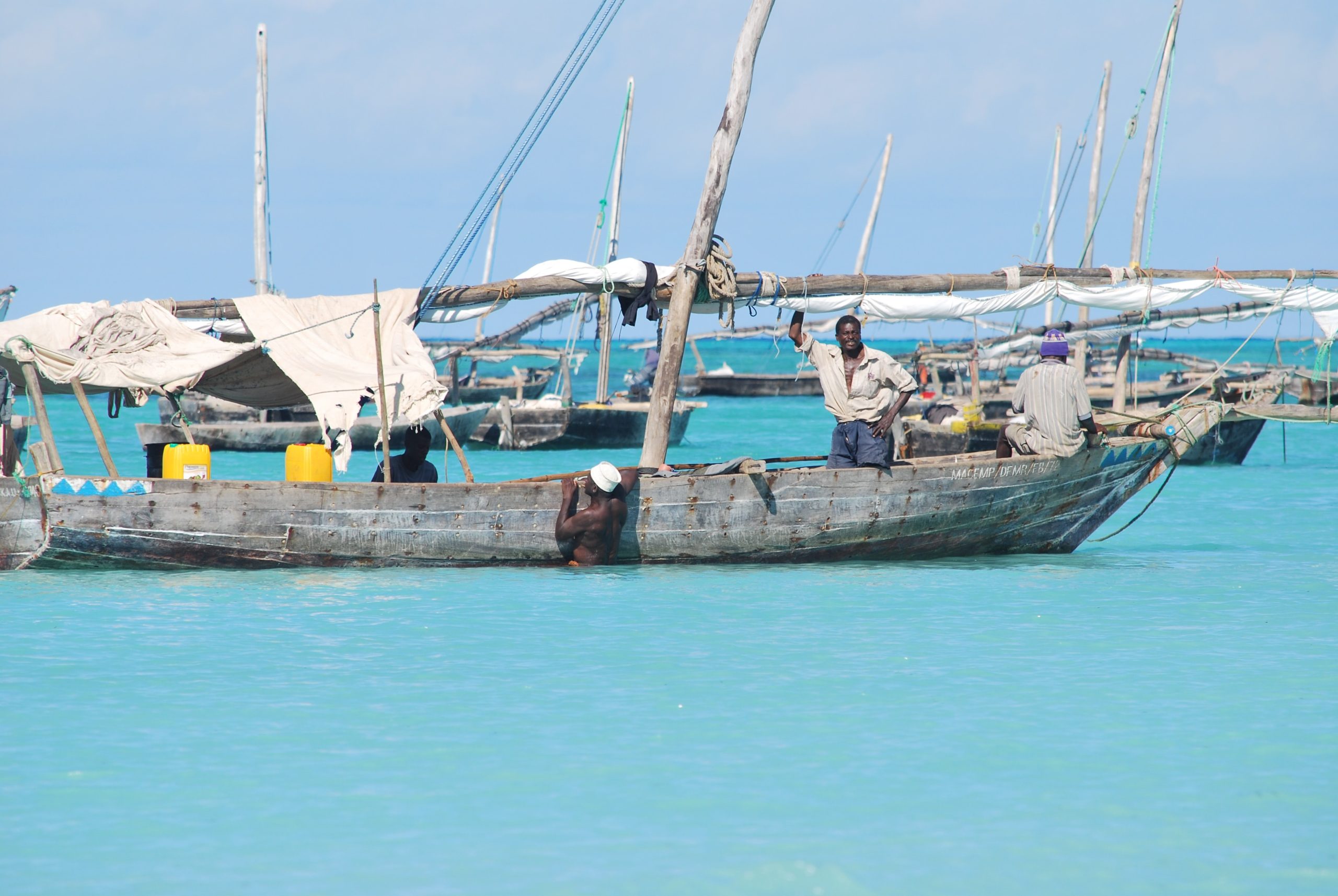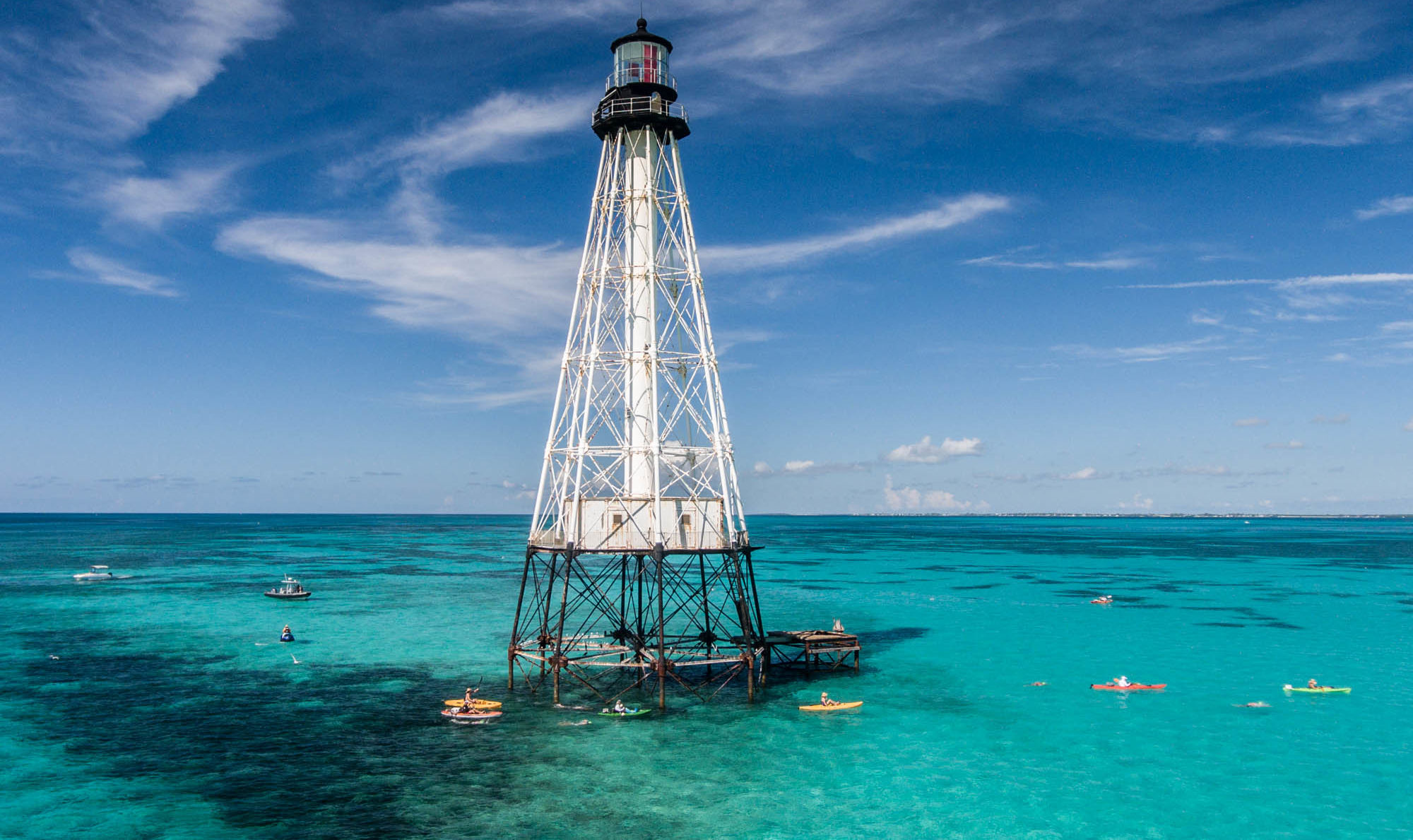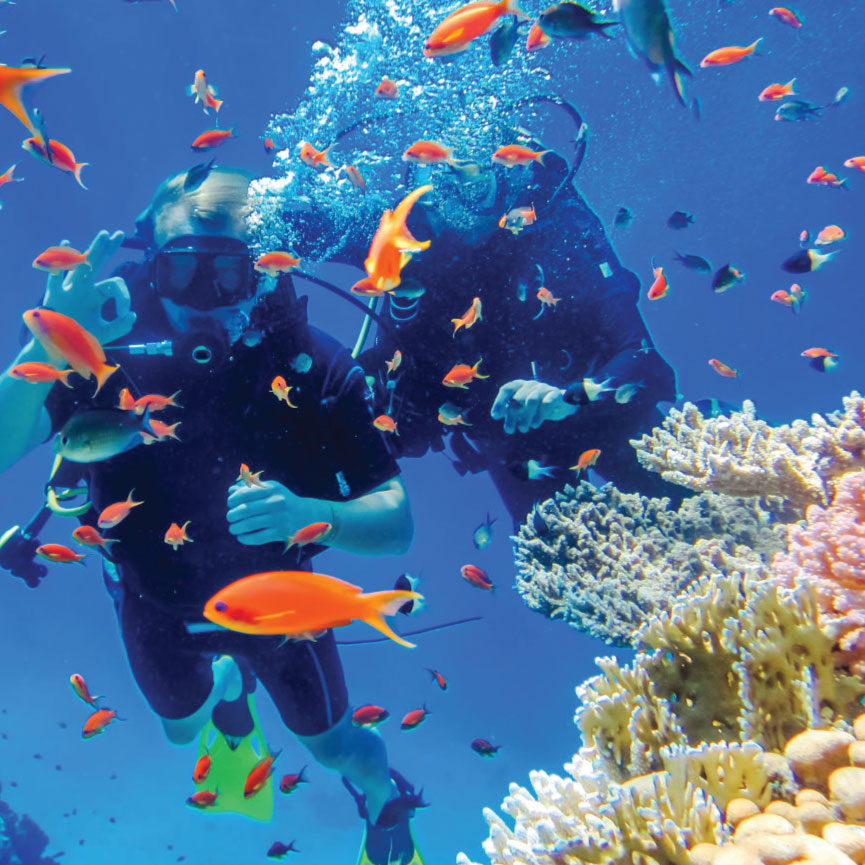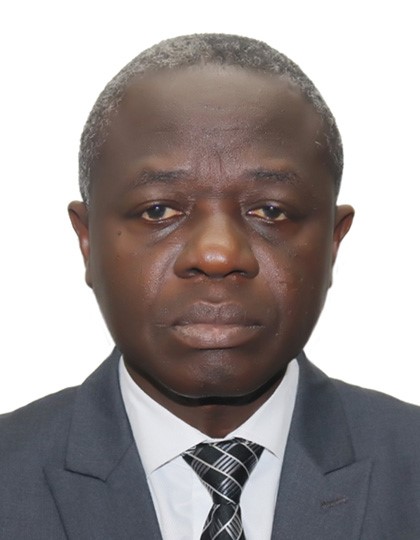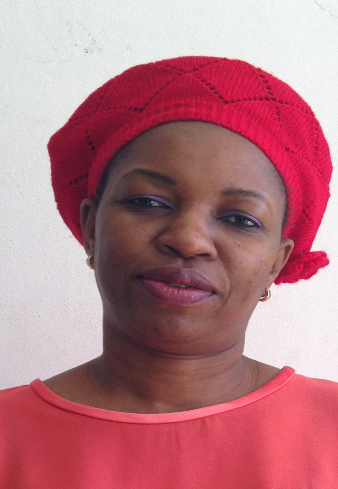The first session of the IOC Sub-Commission for Africa and the Adjacent Island States, meeting on 2–3 May 2012 at the United Nations Office at Nairobi established an Intersessional Working Group comprising of the IOCAFRICA Chair and three Vice-Chairs, IOC Vice-Chair Group V and experts co-opted as necessary to develop the draft Strategic Plan for the Sub-Commission for the period 2014-2021. The session recommended that the Inter-sessional Working Group undertakes wide consultation taking into account the current challenges and the regional and international framework within which the Sub-Commission was created, in order to come up with the appropriate draft.
The Inter sessional Working Group prepared a draft document, which was reviewed and adopted by the Second session of the IOC Sub Commission for Africa and the Adjacent Island States (Cape Town, South Africa, 3-4 April 2013). The draft was subsequently approved by the Twenty-seventh Session of the IOC Assembly (Paris, France, 26 June–5 July 2013). The Plan identified the following priorities for the Sub Commission:
- Understanding of the ocean & coastal processes around Africa
- Monitoring and early warning systems for coastal and oceanic natural hazards
- Understanding of how African oceans and coastal areas will be impacted by changing climates
- Managing and mitigating the impacts of coastal hazards and climate change
- Strengthening of marine and oceanographic training and research institutions
- Creation of critical mass of marine science professionals
In order to achieve these, the sub Commission would focus on: Knowledge Generation and Management, Capacity Development, Partnerships, Resource Mobilization, and Advocacy and Public Awareness.

